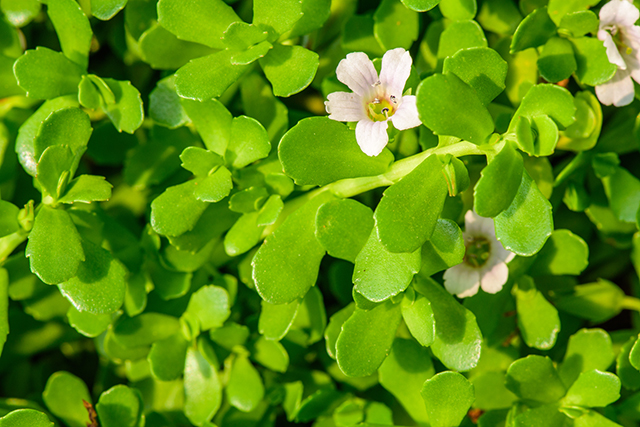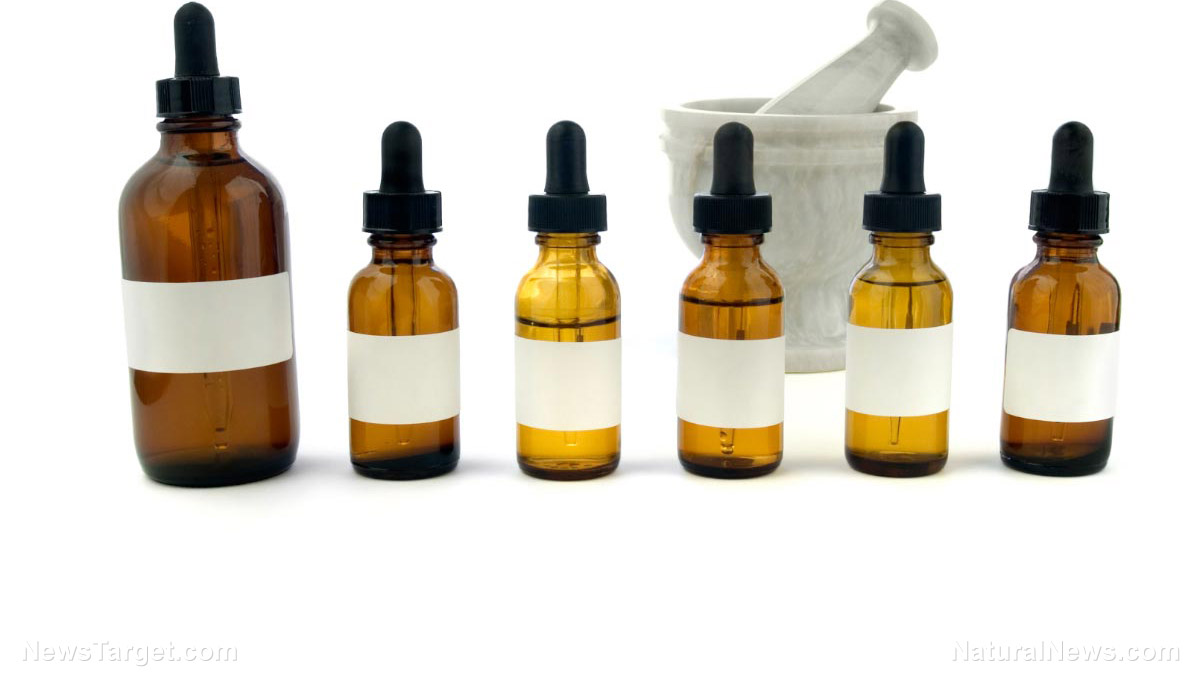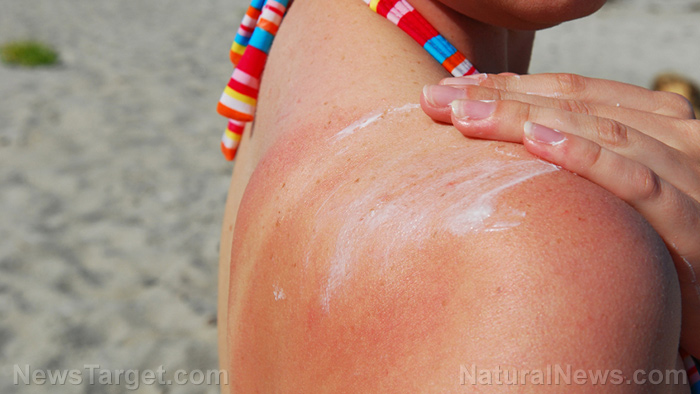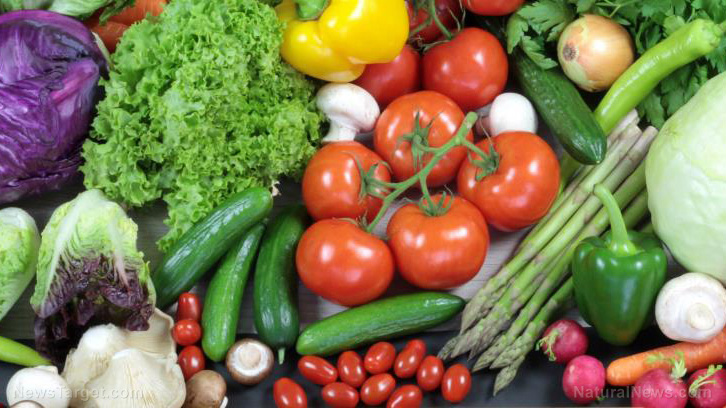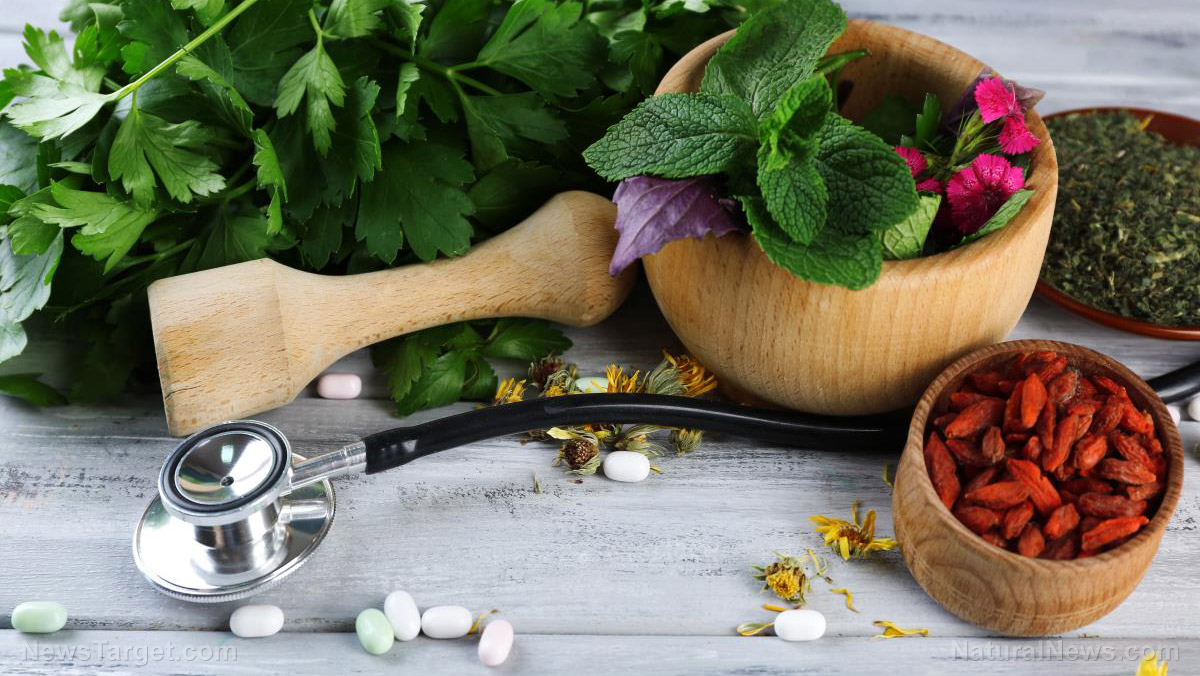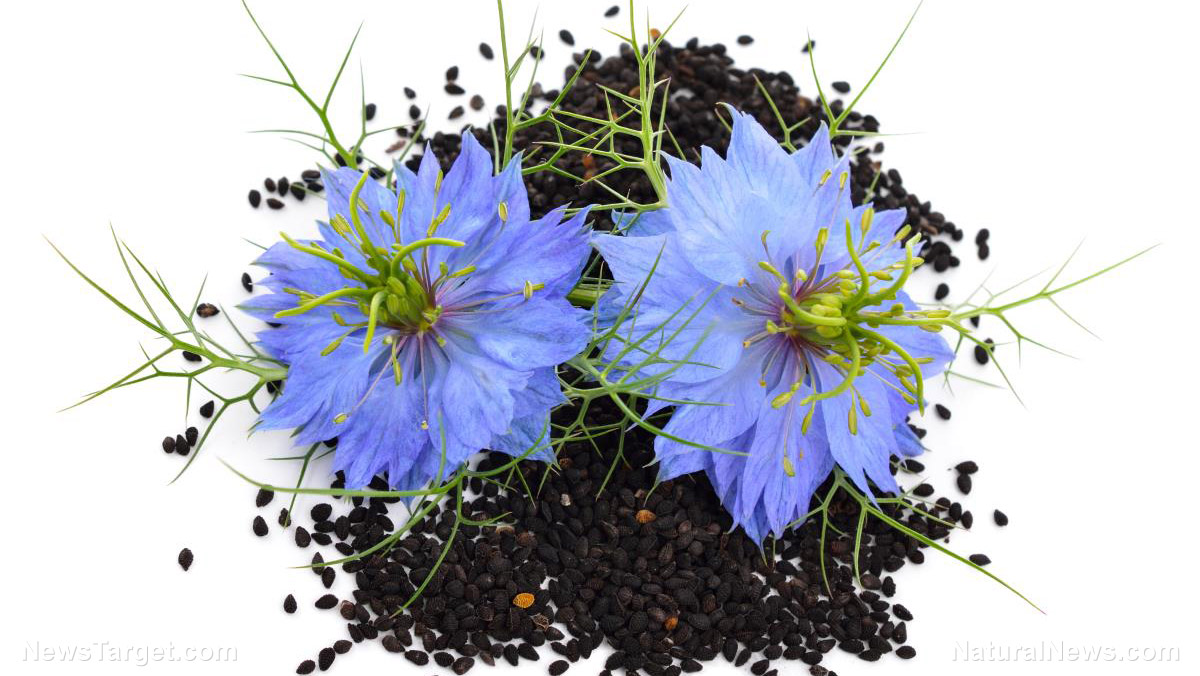For a lot of women, going into menopause is one of the worst stages in life. With all the symptoms – fatigue, weight gain, moodiness, hot flashes – most of the time, food is the only comfort. However, no matter how tempting that piece of chocolate is, women might want to resist and opt for healthier choices as these can help make the menopausal stage easier to deal with.
A recent study showed that eating legumes, peas and green beans, and oily fish – salmon, sardine, and mackerel – can delay the onset of menopause. On the other hand, a diet rich in refined carbs, like pasta and rice, can cause menopause to start earlier than usual.
Doctoral student Yashvee Dunneram from the University of Leeds led a team of researchers to study the correlation between eating these specific types of foods and how it affects the onset of menopause. To do this, they studied the data of more than 35,000 women, aged between 35 and 69, whose data came from the U.K. Women’s Cohort Study, and investigated their eating habits. They also compared the said habits to the actual age of women’s menopause.
All participants were given a survey which mostly asked about health factors that might influence menopause. This included diet, weight history, exercise levels, reproductive history, and hormone replacement therapies. A follow-up was conducted four years after the initial part of the study where researchers asked the women at what age did they reach menopause.
Out of the 35,000, 14,000 of them responded at both time points, and results showed that 914 of them had gone through menopause during the course of four years – they were aged between 40 and 65. Furthermore, it was discovered that on average, women reached this particular stage at the age of 51.
In terms of the link between menopause and food, it turned out that for every additional daily serving of oily fish, menopause was observed to be delayed for at least three years. As for the legumes, every daily serving of it was associated with a menopause delay of about a year. They also found out that consuming high amounts of vitamin B6 and zinc can also delay the onset of menopause.
Meanwhile, this stage in a woman’s life comes at least 1.5 years earlier when she adds a daily portion of refined carbs in her diet.
Other factors that affect menopause
Going beyond their research objective, Dunneram and her team also broke down the data, categorizing the participants into mothers versus non-mothers and vegetarians versus nonvegetarians. (Related: Menopause remedies designed to balance your hormones and help you lose weight naturally.)
They found that women who were not vegetarians and ate more unhealthy foods experienced menopause almost two years earlier than those who ate more vegetables and fewer unhealthy snacks. Childless women ended to start menopause later if they eat more grapes and poultry.
The researchers concluded that legumes, oily fish, and grapes might have an impact on menopause since they contain or stimulate antioxidants, which has a role in egg maturation. Foods high in refined carbs, on the other hand, interfere with sex hormone activity and boost estrogen level due to the increased risk of insulin resistance. This is one factor why there’s an increase in the number of menstrual cycles and quick depletion of egg supply.
Menopause diet
Besides eating legumes and oily fish, Lisa V. Bunce of the American Dietetic Association made a list that can help women get into the right diet during menopause.
- Drink lots of water to prevent vaginal dryness.
- Increase calcium intake so you can take care of your bones despite estrogen loss.
- Make sure to get enough vitamin D.
- Eat lots of fruits and vegetables.
- Consume whole-grain products.
- Stock up on iron.
Discover many secrets and tips shared among women at WomensHealth.news today.
Sources include:
LiveScience.com
EverydayHealth.com








